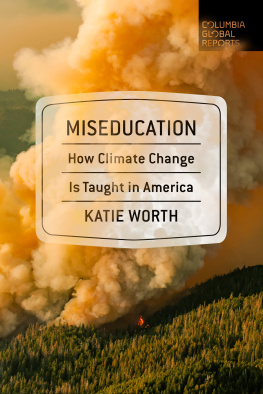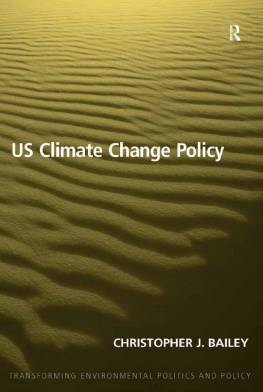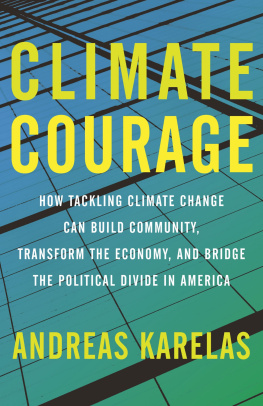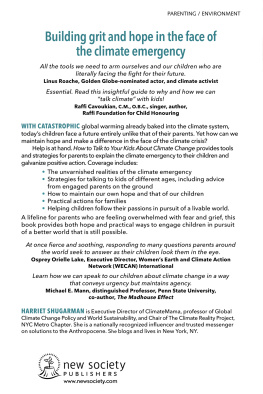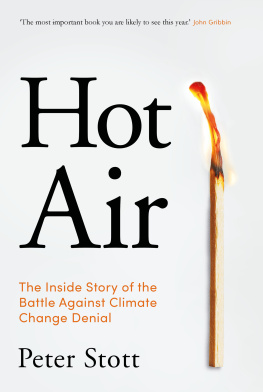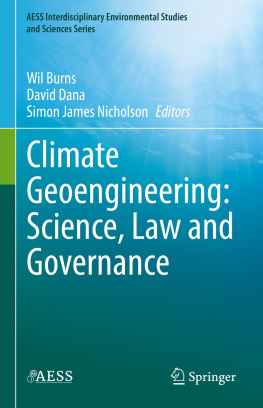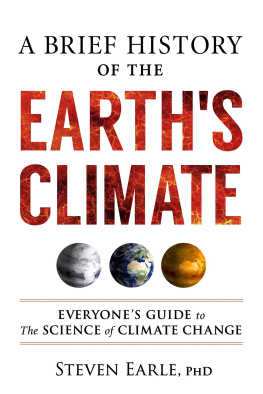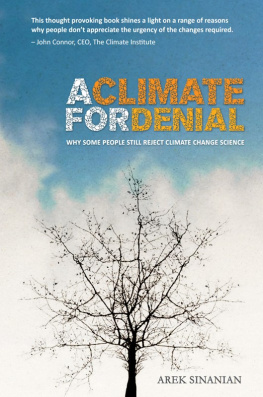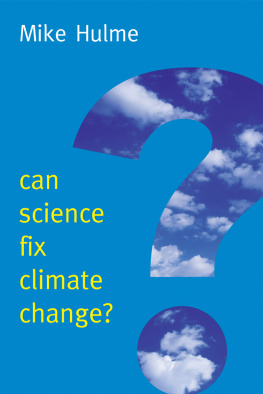Contents
Page List
Guide

PRAISE FOR
Miseducation
Exceptional reporting undergirds the truly shocking facts in this book: the fossil fuel industry is doing all that it can to undermine education about climate change, which will be the most important fact in the lifetimes of kids in school today. Thank heaven for the teachers who stand up for the truthand thank heaven that this book will spark a crucial national conversation about the hijacking of our educational system.
BILL MCKIBBEN,
founder of 350.org and Schumann Distinguished Scholar, Middlebury College
Boy, do we need this book now. As the looming climate catastrophe introduces itself by fire and flood, as the worlds leaders need a sense of public urgency to make some hard choices, Katie Worth discovers widespread climate denialism in our nations schools. Ignorance of the scientific consensus, ideological pressure, fossil-fuel industry disinformation, and a well-meaning but misguided desire to tell both sidesit is a disheartening story, richly reported, clearly told and (we can only hope) just in time.
BILL KELLER,
former executive editor of the New York Times and founding editor of The Marshall Project
Katie Worths Miseducation explores an under-appreciated but extremely important aspect of our climate crisis: the active miseducation around climate change in American schools. She explains how conservative politicians, well-funded right-wing foundations, and frightened textbook publishers, have watered down, eliminated, or confused the ways the issue is presented to tens of millions of school children. They hope to raise another generation that will fail to act on what may be the greatest threat to our future. But, as Worth shows, efforts by committed educators has led to some real progress and represents reasons for hope.
ALEXANDER STILLE,
San Paolo Professor of International Journalism at Columbia University, author of The Force of Things: A Marriage in War and Peace
In her meticulously researched and vividly written book, Katie Worth provides a detailed, comprehensive, and often enraging examination of the forces that obstruct climate change education in the United States through denial, doubt, and delay. But she also offers a glimmer of hope. Miseducation is essential reading for anybody who cares about the climate.
GLENN BRANCH,
deputy director, National Center for Science Education
Climate change is an unprecedented threat to our global community, and the frontlines of our efforts to address that threat are in the nations classrooms where clearheaded, well-informed educators can provide the coming generation with the facts about its causes and likely consequences. But what if those classrooms have been infiltrated by bad actors? In this engagingly written and important book, Katie Worth reveals how the science education that might save us has been influenced by partisan politics and special interests putting the future of us all at risk.
JOHN L. RUDOLPH,
University of Wisconsin-Madison, author of How We Teach Science: Whats Changed, and Why It Matters
Young people horrified about climate change are standing up against fossil fuel companies and governments the world over. Amid this global youth uprising, Katie Worth reveals in horrifying detail the ways in which children in American schools are being methodicallyand oftentimes successfullytargeted with climate misinformation designed to keep profits and pollution from oil, coal and gas flowing. This deeply reported book names names and reveals filthy secrets and should be essential reading for anybody concerned for the future of humanity.
JOHN UPTON,
editor, Climate Central
Miseducation
How Climate Change Is Taught in America
Katie Worth
COLUMBIA GLOBAL REPORTS
NEW YORK
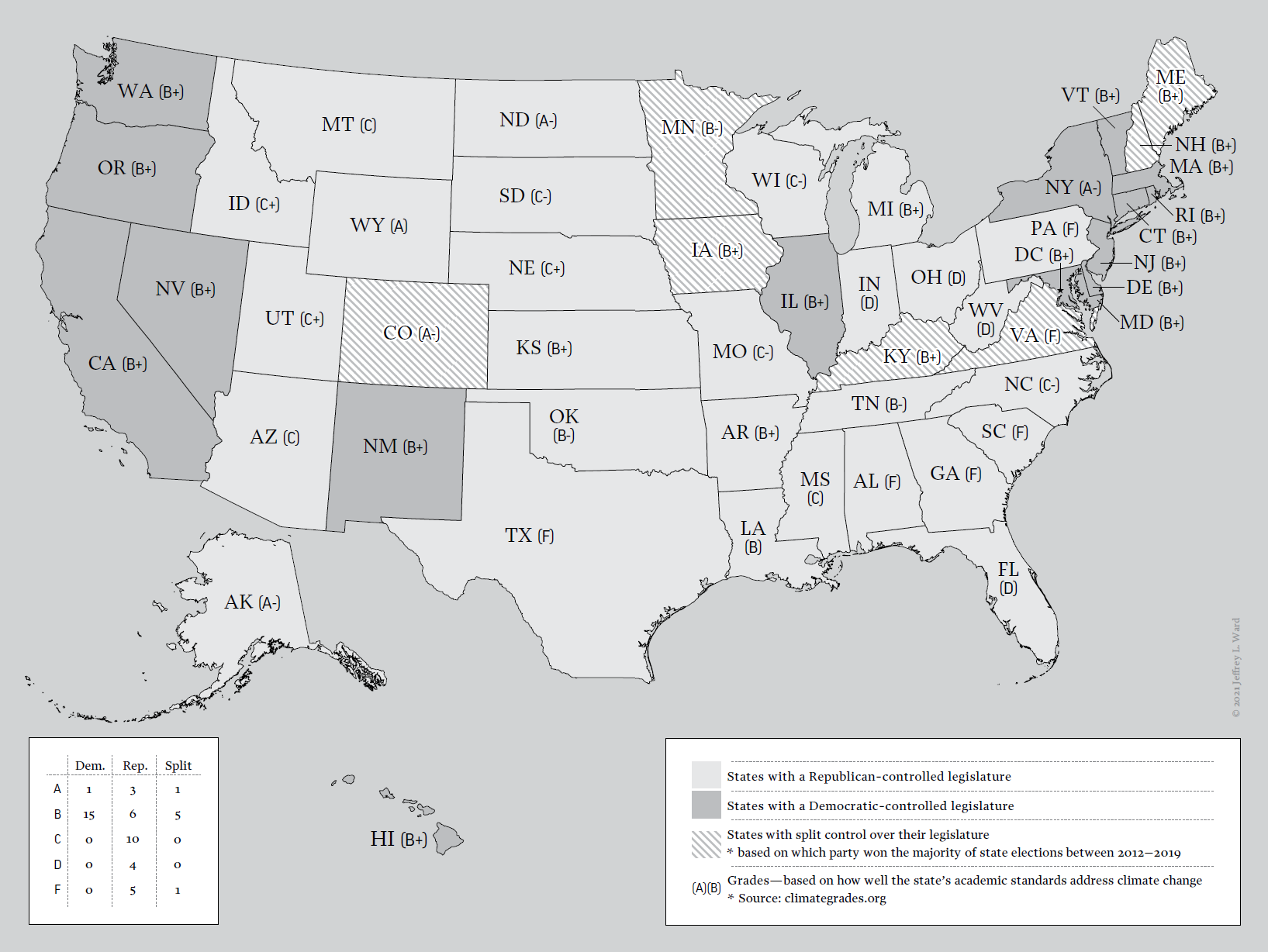
This book was written with the support of FRONTLINE and The GroundTruth Project.
Miseducation
How Climate Change Is Taught in America
Copyright 2021 by Katie Worth
All rights reserved
Published by Columbia Global Reports
91 Claremont Avenue, Suite 515
New York, NY 10027
globalreports.columbia.edu
facebook.com/columbiaglobalreports
@columbiaGR
Library of Congress Cataloging-in-Publication Data
Names: Worth, Katie, author.
Title: Miseducation / Katie Worth.
Description: New York, NY : Columbia Global Reports, [2021] | Includes bibliographical references. |
Identifiers: LCCN 2021017644 (print) | LCCN 2021017645 (ebook) | ISBN 9781735913643 (paperback) | ISBN 9781735913650 (ebook)
Subjects: LCSH: Climatic changes--Study and teaching. | Environmental education. | Common fallacies.
Classification: LCC QC903 .W683 2021 (print) | LCC QC903 (ebook) | DDC 363.738/74071--dc23
LC record available at https://lccn.loc.gov/2021017644
LC ebook record available at https://lccn.loc.gov/2021017645
Book design by Strick&Williams
Map design by Jeffrey L. Ward
Author photograph by Emma Varsanyi
Printed in the United States of America
CONTENTS
Introduction
Sixth-grade science teacher Kristen Del Real had invited me to come by during her prep period, so for the first time since age thirteen, I found myself walking the halls of my alma mater, Chico Junior High School. The corridors were missing their old rows of lockersan accommodation for the school-shooting era, I supposedbut still smelled of erasers and turmoil. It was spring 2019, and I had been investigating what American kids learn about climate change, so when I traveled to my Northern California hometown for a visit, I reached out to local teachers to ask how they approach the subject.
I found Ms. Del Real in the 400 wing, preparing a lesson about geological time. She reminded me of many people I know from my hometown: She wore a fleece vest over her jeans, her makeup-free face tan from jogging the oak-lined trails of our local park. She also reminded me of teachers Id met all over the country. Her demeanor was gentle but authoritative, laugh lines supporting the enthusiasm of her smile.
It was March, and her class wouldnt learn about global 11 warming until May, but unbeknownst to her students, they were already preparing to grasp it. Her lesson on geological time would set them up to understand Earths natural cycles. Then she would bring in legume sprouts to demonstrate how rhizomes pull nitrogen from the air and turn it into soil nutrients. That would lead to lessons on the atmosphere, solar radiation, the greenhouse effect, and weather systems. Once all those pieces are in place, when we get to global warming, the kids will just get it, she said.
After that would come the part of the year Ms. Del Real loves best: solution projects. For the month of May, her students would work in groups, inventing ways to solve the planets greenhouse gas problem. Children are so perceptive. They understand things arent necessarily great, and it frightens them, she said. The solution projects help dispel that fear, reminding them that humans are amazing at innovation and invention when we have to be, and the time for that is now.
Three years earlier, her students had been in the middle of their solution projects when they started showing up crabby. Usually, she said, they were excited to get to work. Now, they thought their projects were dumb. Why are we even doing this? they asked her. We dont need to worry about climate change. She soon learned the source of their discontent: Her students had been leaving her lab and walking into history class, where the teacher was showing them YouTube videos alleging that global warming was a hoax, that it was caused by natural solar cycles, and that it was nothing to worry about.

